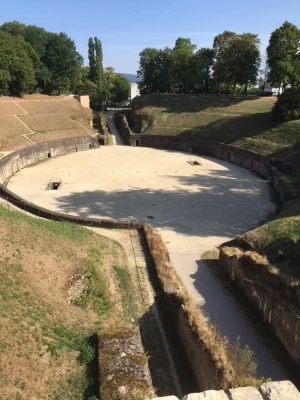Le Baiser de l'Hotel de Ville
Is art preference an indication of character? What do the paintings or photos that we place on our walls say about how we perceive ourselves? How we wish to be perceived by others?
For almost as long as I can remember, I have placed pictures on my walls. Blue tac, pins; nothing seemed to be framed back in the day. What I liked, I stuck up, starting with posters of football teams, Elvis, The Beatles, leading - from 16 onwards - to real 6*4 pictures from my life to - hilariously it now seems - letters from cabinet ministers and MPs (I collected MP’s signatures like others might popstars or film icons).
What posters did I have on my university dorm room walls? I was most proud of a large (and expensive) black and white print of Robert Doisneau’s “Le Baiser de l’hotel de Ville”. Although the photo was taken in March 1950 for Life magazine, Doisneau had in the late 80’s sanctioned the image to be rereleased in poster form. Not long after, I saw it in Brighton (Virgin Megastore? HMV? Athena?) and immediately liked it. So I bought it and up it went on my Sussex University dorm room wall.
How cool was I?
I probably thought I was just as cool as the guy kissing the girl in the photo. But in reality I was definitely more like the the guy in the beret unwittingly walking past the lovers just as the photo was being taken! Actually, I read some story that this stereotypical French mec was an Irishman called Bert on a motorcycling tour of Europe who randomly happened to be in Paris that day. Who knows? Even the identity of the couple kissing was firstly, shrouded in mystery and then secondly, disputed. Turns out they were both actors / models and were paid for this semi staged tableau.
But why does this photo call to me?
Well, it’s not the voyeurism, the thrilling sense that we are encroaching on the lovers’ private moment. The angle of the shot from the cafe table looking outwards suggests a photo illicitly taken, grabbed furtively. Perhaps the photographer had his camera on the table and clicked the button at the perfect moment or maybe he was pretending to reset his lens and snuck a shot. Some may like this aspect of stolen moments but I always thought the mise en scene a little too perfect to be a lucky shot; it is - and was - artfully staged.
Is it the sense of time and place? A fleeting glimpse of world now gone reflecting back at us through the camera? That’s closer. Like children running after a balloon floating above Montmartre , or policemen in caps and capes directing jaunty deux chevaux around the Arc de Triomphe, the picture documents a Paris remembered but lost. This type of reportage of daily life is what Doisneau is best known for. I have a marvellous and chunky photo book of his Paris shots - during and just after the war - which detail life on the streets and in the bars. Smiling faces gaze back at me, so sure, so real but so impermanent.
Or is it the picture of young love, so carefree, so intense, before life intrudes and ennui gradually chokes off the heady dopamine? This feeling never lasts and is as fleeting as a freeze frame from a video; a frozen moment captured out of time and pulled roughly to the fore. This picture captures the apex of young love, in Paris no less, and as such it represents an ideal of something for which we all search. I know people who are ever tumbling into the vortex of new love, always looking for that elusive high, ever disappointed when it never lasts. I also know people who continually think past the sale and so, to avoid the fall, avoid the climb and never experience the heights.
It’s all our pasts and all our dreams, a once and future representation of humanity.
Post Script
I don’t know what happened to the poster. I don’t believe it survived the 1980’s. Why it was discarded, is lost in time, just like Paris in 1950 or perhaps even the young guy who bought the poster originally (pictured below in the following blog post).



































